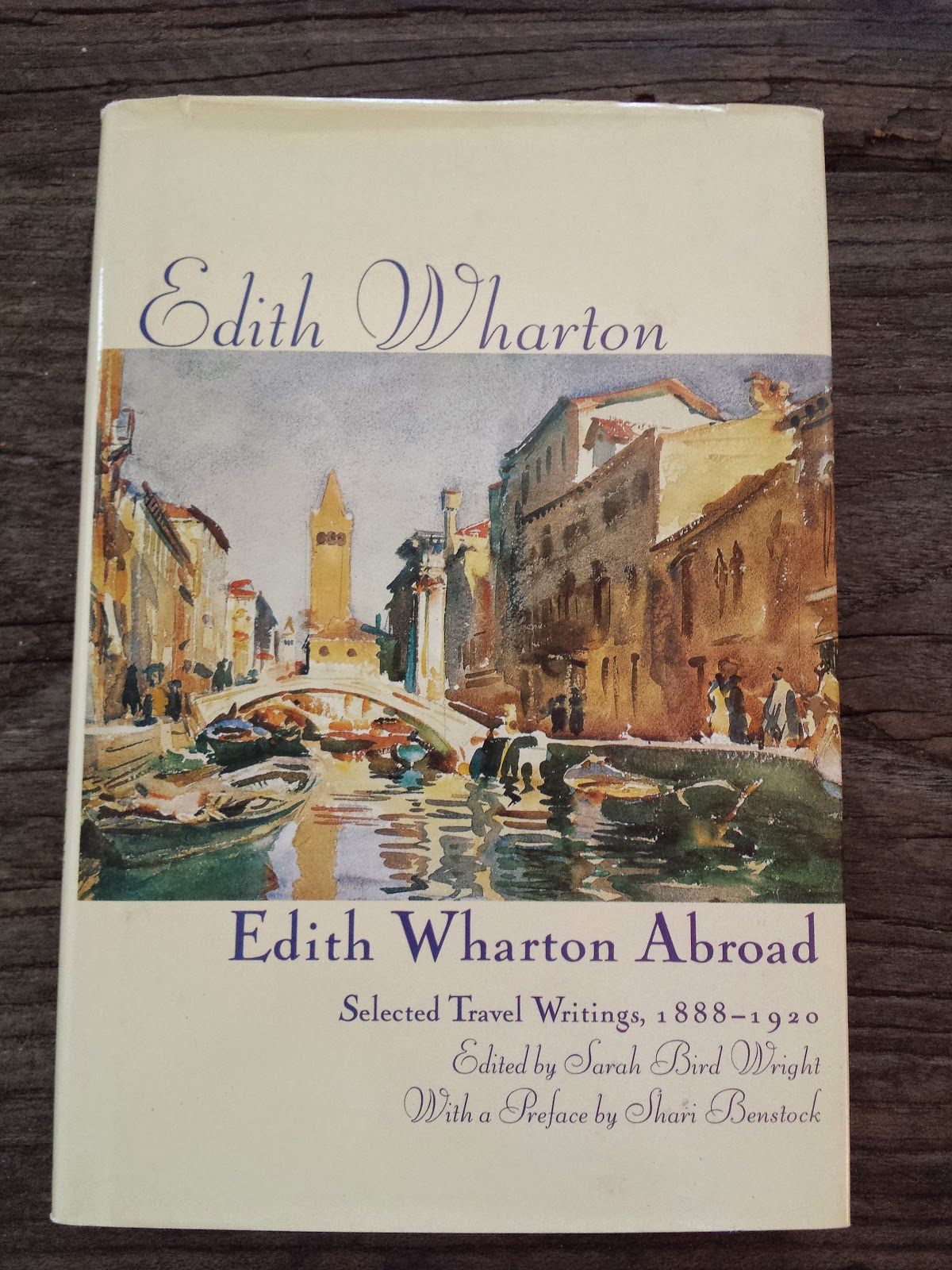I dare say if you have watched any of Downton Abbey then you might think you know just how things work within the British aristocracy. But, there is more! Before Julian Fellowes created DA, he wrote a very funny book called Snobs.
Told by an unnamed narrator, this tale of a middle-class, beautiful young woman who marries into a titled family definitely gives the reader more than a taste of how actually staid and perhaps just a tad boring the lives of the Upper Classes can be. It is not all fancy dress balls, garden fetes, and villas in Mallorca. There are plenty of vast, poorly heated country homes and
interminable talk of hedgerows and hunting.
But lucky Edith Lavery. Her dreams come true when she marries kind-hearted Charles, the Earl Broughton (there is no of in the title as there is no place called Broughton, don't you know) and moves into his world. Not as easy as one might hope for even the well-mannered Edith. The family has known all their friends and acquaintances since birth - and are related to many of them - so most of what they talk about over the silver tea service is one another. Fellowes calls it The Name Game.
Outsiders beware!
I found this book to be quite amusing because I love the gossipy tone and the insider information. I loved this look at the inner workings of Charles's family, especially how his mother, Lady Uckfield, handles people and events. Stiff upper lip and all that.
There are many cups of tea, glasses of champagne, and witty lines in this tale. Of course, by the end of the novel, the reader still might not know what really goes on with the Upper Class but will have sure had fun reading Snobs and thinking so. And, believe me, if this story were played out in a small town in Nebraska, it wouldn't be quite as delicious.
Here is a taste:
I have often been surprised at the fantastic discomfort and deprivation the grand English are prepared to put their friends (and total strangers) through, particularly in my youth. I've been shown into bathrooms that could just about manage a cold squirt of brown water, bedrooms with doors that don't shut, blankets like tissue, and pillows like rocks. I have driven an hour cross-country to lunch with some grand relations of my father, who gave me one sausage, two small potatoes and twenty-eight peas. Once, during a house-party for a ball in Hampshire, I was so cold that I ended up piling all my clothes, with two threadbare towels, onto the bed and then holding all this together with a worn square of Turkish carpet - the only bit of floor-covering in the room. When my hostess woke me the next day, she made no comment on the fact that I was sleeping in a sort of webbing sarcophagus and clearly would not have been less interested in whether I had ever shut my eyes. When one thinks of the Edwardians who revelled in luxury it seems odd that their grandchildren should be so impervious to it.











